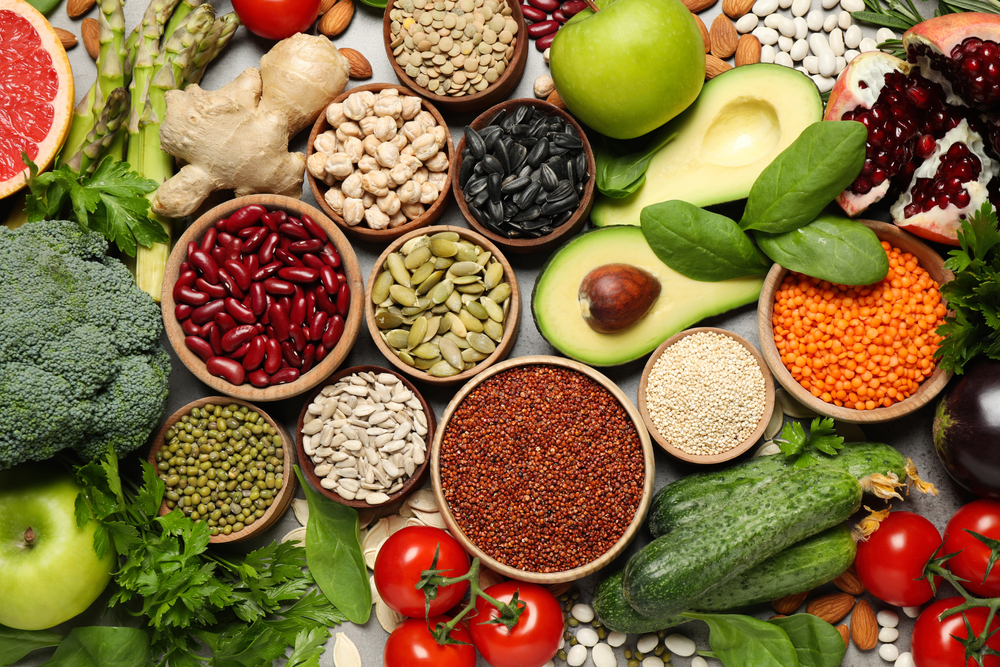Inflammation is a natural response by the body to injury or infection, but chronic inflammation can lead to various health issues, including arthritis, heart disease, and cancer. While over-the-counter and prescription anti-inflammatory medications can be effective, they often come with side effects. Fortunately, nature offers a variety of anti-inflammatory compounds found in foods, herbs, and supplements. Here, we explore the top 10 natural anti-inflammatories that can help manage and reduce inflammation.
1. Turmeric
Turmeric, a vibrant yellow spice commonly used in Indian cuisine, contains curcumin, a powerful anti-inflammatory compound. Curcumin has been shown to inhibit the activity of molecules that cause inflammation. Incorporating turmeric into your diet, or taking a curcumin supplement, can help reduce inflammation and pain, particularly in conditions like arthritis.
2. Ginger
Ginger is another spice with potent anti-inflammatory properties. It contains compounds like gingerols and shogaols, which have been found to reduce inflammation and pain. Ginger can be consumed fresh, dried, or as a supplement. It is particularly effective in alleviating symptoms of osteoarthritis and muscle soreness.
3. Omega-3 Fatty Acids
Omega-3 fatty acids, found in fatty fish like salmon, mackerel, and sardines, as well as in flaxseeds and walnuts, have been extensively studied for their anti-inflammatory effects. These fatty acids help reduce the production of inflammatory molecules and have been shown to benefit conditions like heart disease, arthritis, and inflammatory bowel disease.
4. Green Tea
Green tea is rich in antioxidants called catechins, particularly epigallocatechin gallate (EGCG), which has strong anti-inflammatory properties. Regular consumption of green tea can help reduce inflammation and protect against chronic diseases such as cancer and cardiovascular disease. Green tea can be enjoyed as a beverage or taken as a supplement.
5. Resveratrol
Resveratrol is a compound found in red grapes, berries, and peanuts. It has gained attention for its anti-inflammatory and antioxidant properties. Resveratrol helps reduce inflammation by inhibiting the activity of inflammatory enzymes and molecules. It is available in supplement form and can also be obtained by consuming red wine in moderation.
6. Bromelain
Bromelain, an enzyme found in pineapples, has anti-inflammatory and analgesic properties. It works by reducing the production of pro-inflammatory cytokines and can help alleviate symptoms of sinusitis, arthritis, and muscle injuries. Bromelain supplements are available, and incorporating fresh pineapple into your diet can also provide benefits.
7. Boswellia
Boswellia, also known as Indian frankincense, is derived from the resin of the Boswellia tree. It has been used for centuries in traditional medicine to treat inflammation. Boswellic acids, the active compounds in Boswellia, inhibit the production of inflammatory enzymes. Boswellia supplements can help manage conditions like arthritis and inflammatory bowel disease.
8. Capsaicin
Capsaicin, the active component in chili peppers, is known for its pain-relieving and anti-inflammatory properties. It works by depleting a neurotransmitter called substance P, which transmits pain signals to the brain. Capsaicin creams and patches are commonly used to relieve pain from conditions like arthritis and neuropathy.
9. Spirulina
Spirulina, a blue-green algae, is a rich source of antioxidants and anti-inflammatory compounds. It contains phycocyanin, which inhibits the production of inflammatory signaling molecules. Spirulina supplements can help reduce inflammation and improve symptoms of allergic rhinitis and arthritis.
10. Garlic
Garlic is well-known for its numerous health benefits, including its anti-inflammatory properties. It contains sulfur compounds, such as allicin, which have been shown to reduce inflammation and boost immune function. Incorporating fresh garlic into your diet or taking garlic supplements can help manage inflammation-related conditions.
Conclusion
Nature provides a powerful arsenal of anti-inflammatory agents that can help manage and reduce inflammation. Incorporating these natural remedies into your diet and lifestyle can provide significant health benefits and potentially reduce the need for conventional medications. However, it is important to consult with a healthcare professional before starting any new supplement, especially if you have underlying health conditions or are taking other medications. Embrace these natural anti-inflammatories to support your journey towards better health and well-being.




